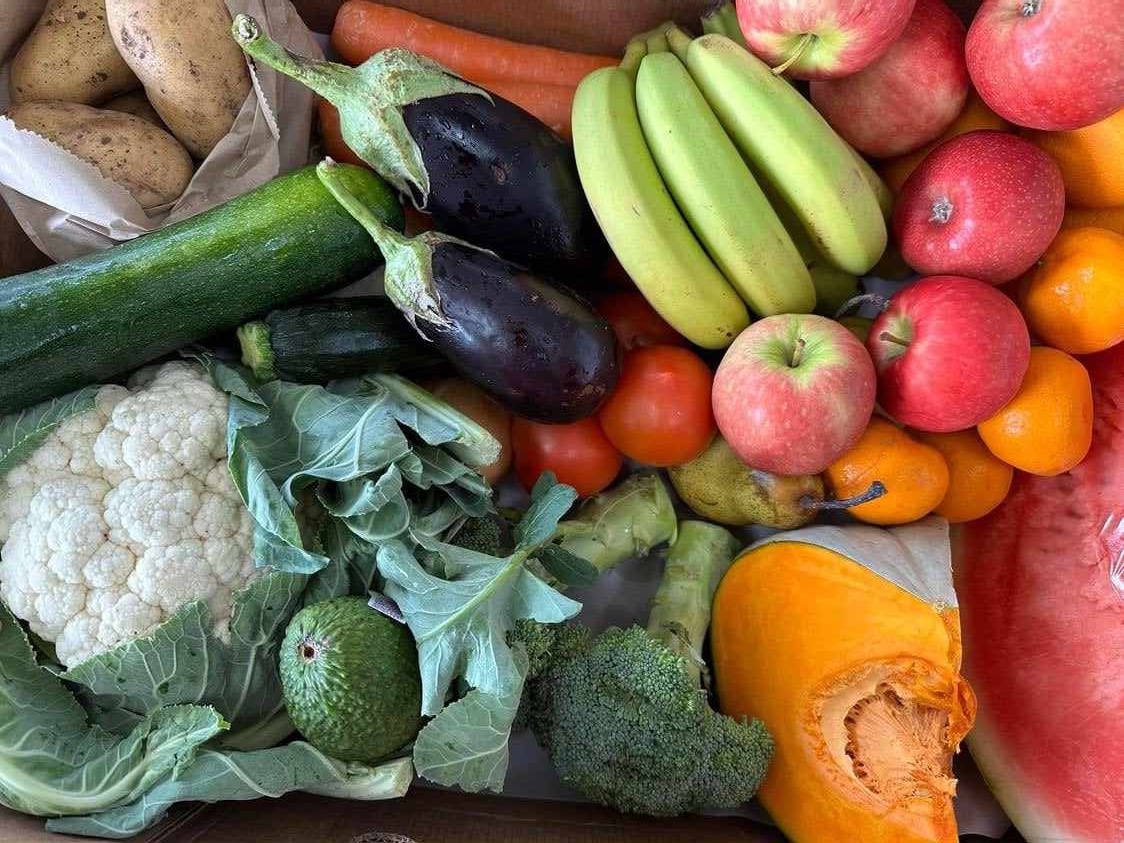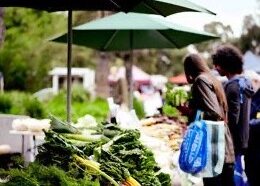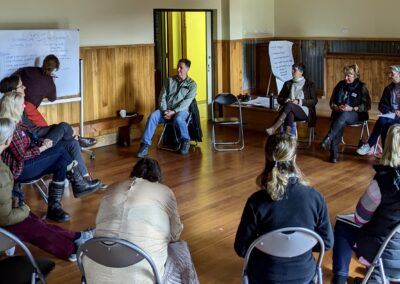Resource
Running a Local Food Event to Bring Growers Together
As part of the Open Food Network’s Thrive project, a local food activator was funded for three pilot regions around the state of Victoria, one of which was Gippsland. One of the tactics used to build better local food connections in the area was holding an event.
How holding an event can strengthen connections in local food systems
Lots of local food activities were happening in Gippsland, but the project found that Western Gippsland faced some challenges, including:
- Retailers and hospitality outlets struggling to source locally-grown produce from small-to-medium scale growers and producers year-round
- Not having necessary cool-storage infrastructure in the region which would facilitate wider distribution opportunities
There were also opportunities for more vegetables and free-range eggs to be produced locally, and for growers and producers in the region to be better connected to each other and to new opportunities.
The event brought together over 160 people who were new and established growers and producers, local retailers, producer collaborations, community food enterprises and stakeholder organisations from the region. The aim was to share success stories, information, and highlight opportunities available in the region.
You can read their full report on the event, including a full ‘Playbook’ for running events.
Some of the lessons learned about how to use an event to strengthen the local food system are:
Planning and organising before the event
- Allow 6 months to plan the event, allowing lead-time for speakers and plenty of time to build relationships
- Recruit a passionate and committed organising committee with shared values and clearly defined roles
- Dedicate resources for an event project manager to oversee planning of the event
- Establish clear objectives for the event and your key messages early on in planning
- Conduct monthly (at least) face-to-face meetings with the planning committee to keep the event planning on track – these can be supplemented with more frequent phone check in meetings with the sub committees
- Set up an online ticketing site to assist with payment administration and enable tracking of registrations.
- Consider ‘Pecha Kucha’ style presentations as an engaging and interesting presentation format
- Make sure you’re available prior to the event to support the presenters with their presentations
- Ask the venue if you can use a local caterer and/or source local ingredients (if they don’t already)
Promoting a local food event
- Talk to everyone! Make local connections and explore cross-promotion, partnership and sponsorship opportunities
- Graphic design a simple event “stamp” or logo to create brand identity for the event
- Get professionally designed event fliers to promote to a wide audience, including media, with your key messages (clearly stating who should come and why)
- If you don’t have marketing expertise, consider engaging a professional marketing consultant to liaise with media, advise on promotions, build local connections, manage social media etc.
- Social media is key! Consider setting up a standalone Instagram or Facebook account and post regularly before the event
- Ramp up promotions in last 2-3 weeks of event
- Prepare a media release for wide distribution
The format for a local food event
- Recruit volunteers to assist with set up, registrations, food service, cleaning and packing up on the day
- Allow lots of time for unstructured networking and informal conversations to occur during breaks
- Don’t be shy to make your event a half-day/whole day – if people have advanced notice and want to attend, they will!
- Conduct “strawpolls” at the start of event (quick assessment of who is in the room, what is their interest) and again at the end (e.g. asking people to tell you what they want to happen next).
- Make time for people to make announcements about their business / project in the local region
- Back-up microphones and laptop computers (if presenting with a projector)
- Be sure to receive all presentations before the event, in case there are adjustments/edits to be made
- Posters and displays are a great tool for sharing information in the breaks
- Consider filming the presentations to share with those who couldn’t attend
- If self-service / buffet lunch, think about how to avoid long queues, such as having different food stations around the room, or multiple queues.
Evaluation and sharing lessons more widely
- Distribute feedback surveys on the day and ask people to complete them before leaving
- If sending a post-event newsletter, survey or summary to participants, do it as soon as possible (ideally within 2 weeks of holding the event) to maximise the high interest following the event
- Hold a debrief meeting with the organising team the week after event while it is still fresh
- Ensure you allocate resources to evaluating the survey results and planning next steps
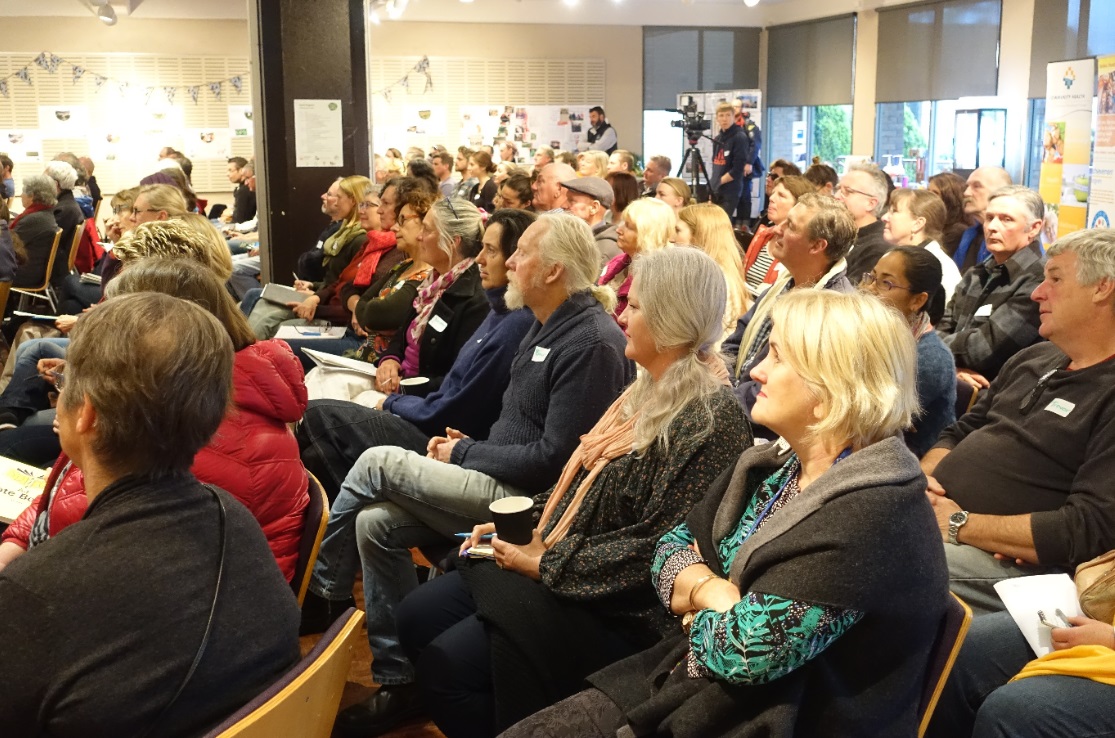
Latest Resources
Can we help?
Have an idea, a project or a question? Want help using the Open Food Network software? Get in touch and find out how we can help you with it.
Keep in touch
Join us
Create a listing, shop or group directory on the Open Food Network. Tell me more!
Read our Terms and conditions | Find us on GitHub
Open Food Network is a free and open source software platform. Our content is licensed with CC BY-SA 3.0 and our code with AGPL 3.
We take good care of your data. See our cookies policy

